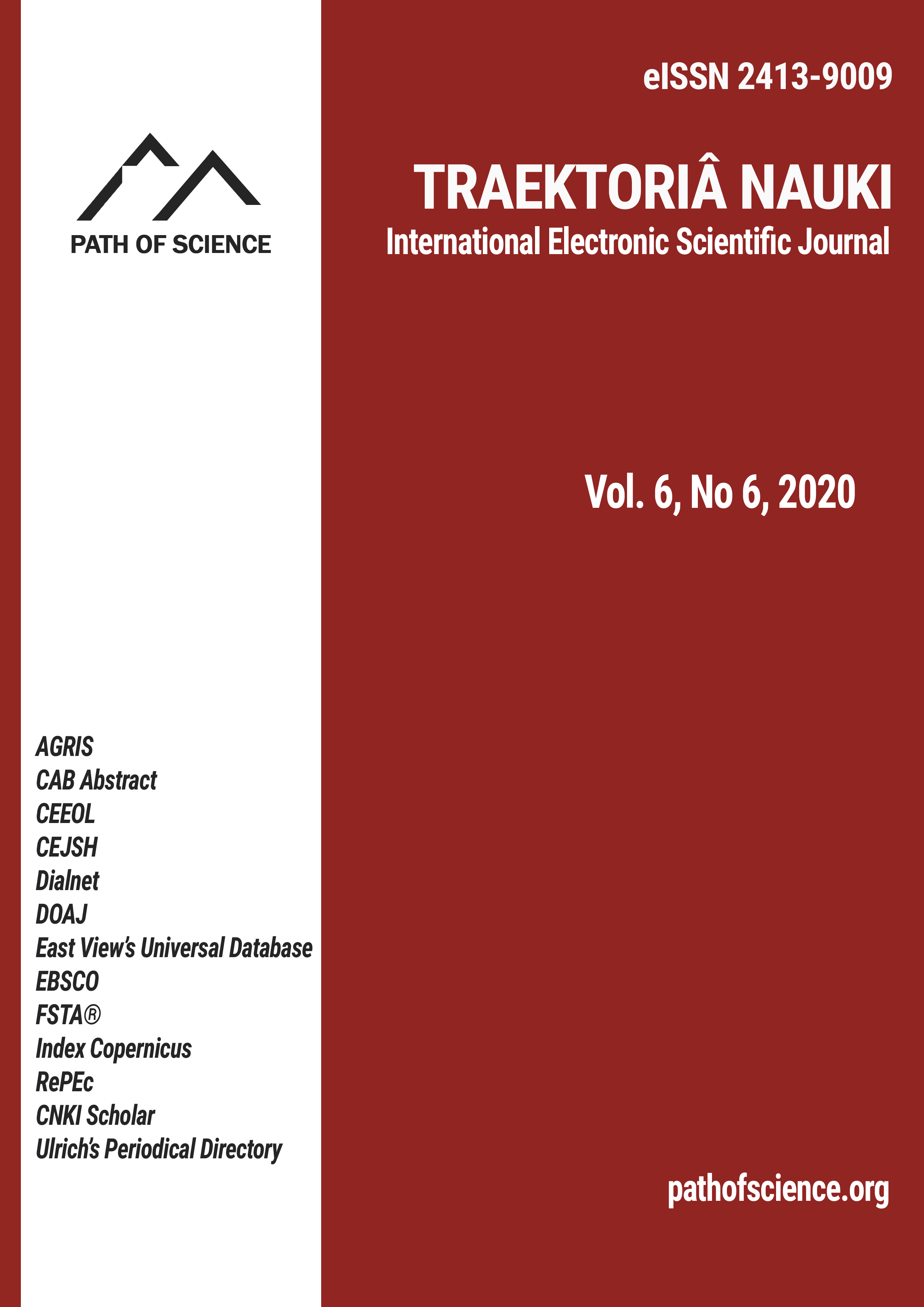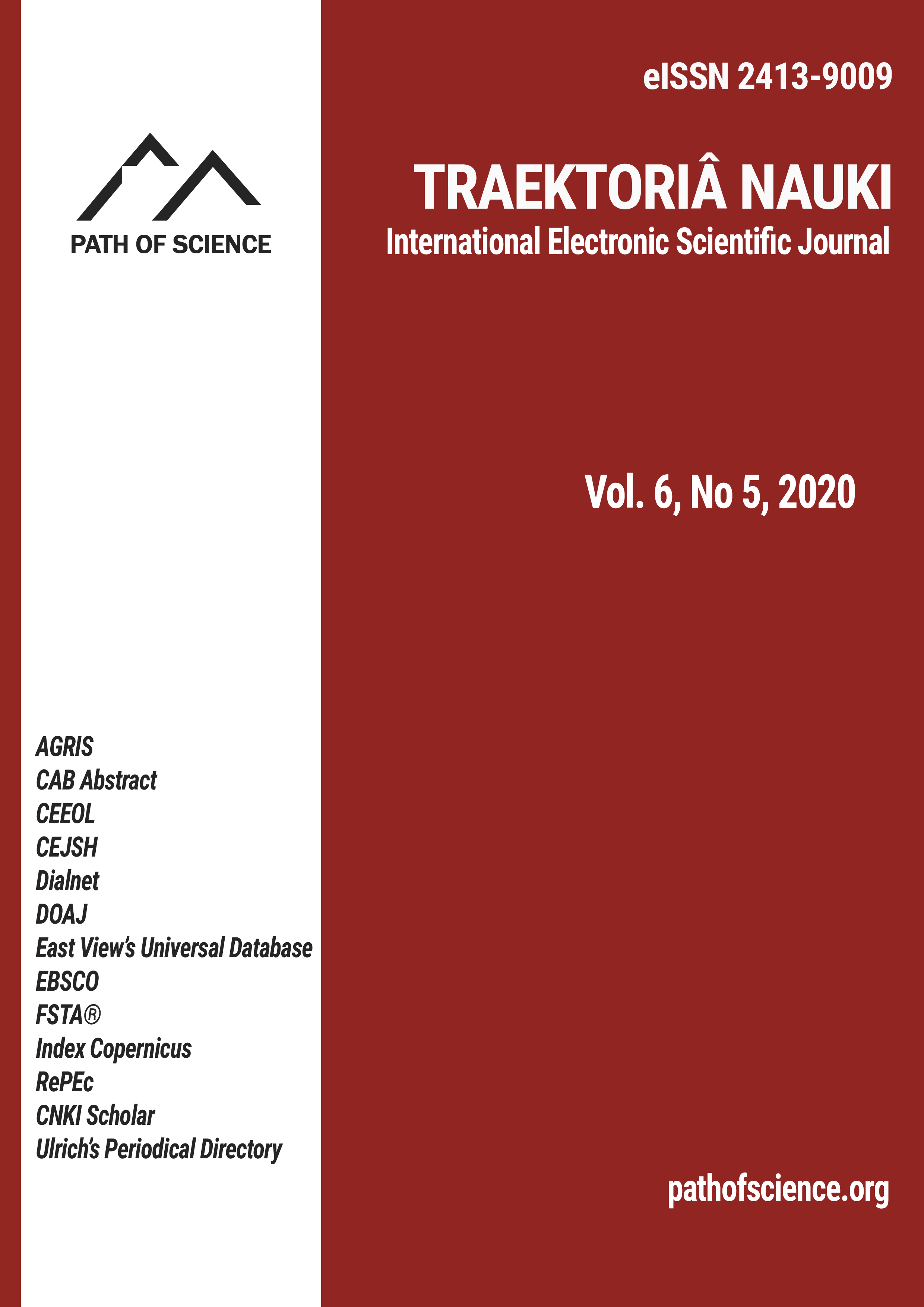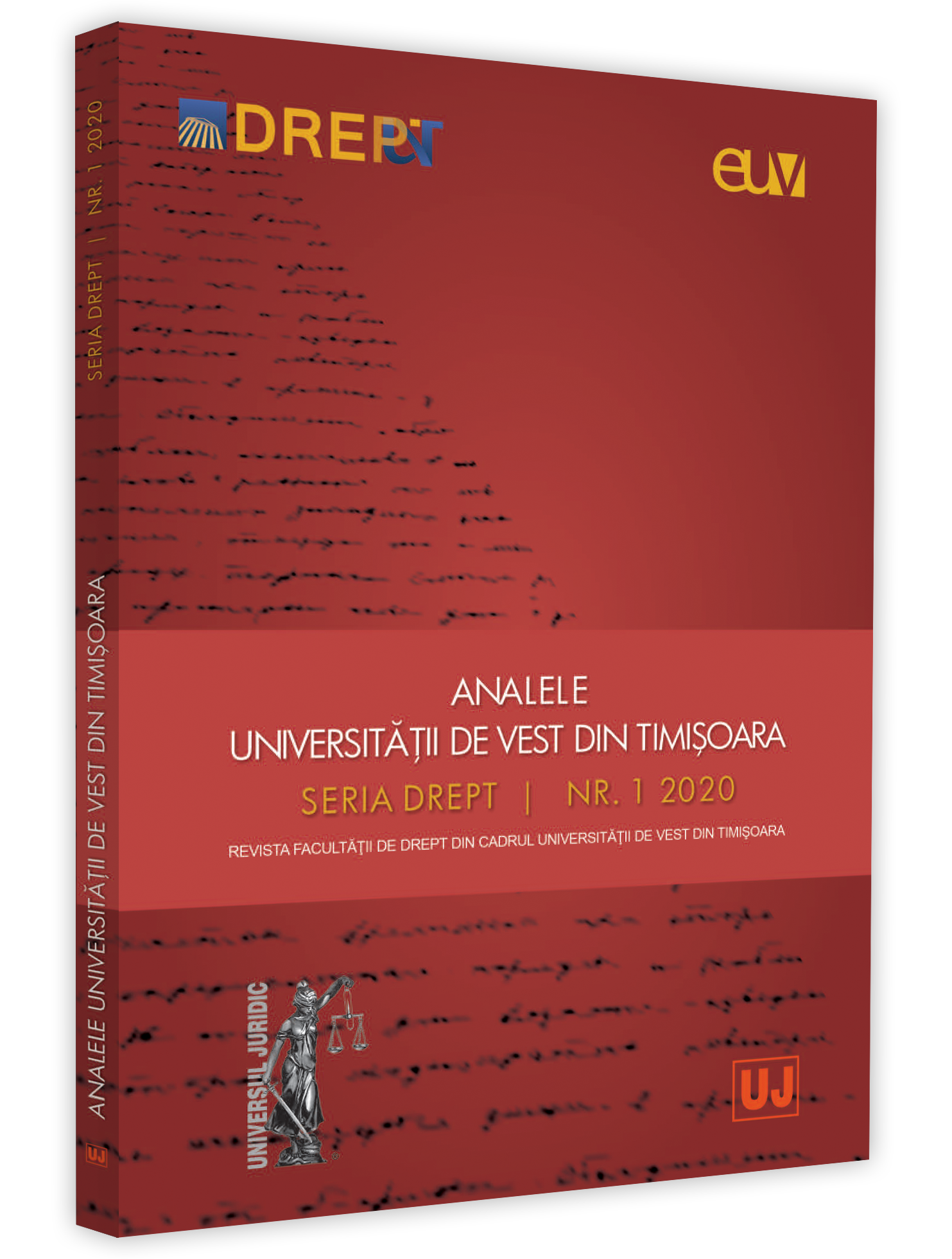Author(s): Vlad Ionuţ Savu / Language(s): English
Issue: VIII/2020
Foreclosure is the proceedings by which the creditor, holder of the right acknowledged by Court order or by any other enforceable document, constraints, with the participation of the authorized state bodies, its debtor who is not willingly executing the obligations resulting from such a title.Subject to art. 625 paragraph (1) of the Civil Procedure Code, "Foreclose shall comply with the provisions of the law, rights of the parties and other stakeholders".To ensure compliance with such legal provisions, the foreclosure must be done under the limits of and subject to the legal provisions, rights of the parties and all the other stakeholders.Subject to the provisions of art. 645 paragraph (2) of the Civil Procedure Code, the quality of creditor or debtor may be transfered at any time during foreclosure. Transference may be done by law, by convention, by inheritance, by merging, by division or by any other means leagally allowed.Subject to art. 1159 of the Civil Procedure Code, if the debtor deceased, the creditor may continue or initiate prosecution.The foreclosure documents fulfilled until the date when the transference of the quality takes effect, under the conditions of the law, in relation with the inheritors of the creditor’s or of the debtor’s rights, as the case may be. The principle of foreclosure legality imposes, among others, compliance with the rights of the parties, which results into the necessity of a distinct and detailed settlement of the situations that, before the initiation of the foreclosure or during such, the debtor deceased, especially since some executional proceedings are non-contentious and do not imply the obligation to inform the debtor or his participation.In the situation of mortis causa transference of the debtor’s assets, the Civil Procedure Code, in the 5th Book, About foreclosure, Title I, General Provisions, Chapter IV, Foreclosure, Section 3, Foreclosure against the inheritors, settles the situations, respectively the conditions when foreclosure may be started, respectively continues against the inheritors of the debtor.These special rules determine the cases when foreclosure is forbidden (art. 687 of the Civil Procedure Code), the proceedings that must be followed to start foreclosure against the inheritors (art. 688 of the Civil Procedure Code) and the proceedings for continuation of foreclosure against the inheritors (art. 689 of the Civil Procedure Code).The analyse of foreclosure legality under such circumstances is done with reference to the date of the debtor’s death. Therefore, if at the date when foreclosure begins the debtor is deceased, the provisions of art. 687 paragraph (1) the first thesis of the Civil Procedure Code according to which "if the debtor dies before the bailiff is apprised, no foreclosure may be initiated (...) "……"and if the debtor dies after, it may not be continued as long as the inheritance was not accepted by the people invited to the inheritance or, if they are not present, as long as it was not appointed, under the conditions of the law, a guardian of the inheritance or, as the case may be, a special guardian for execution, under the conditions of art. 58" become applicable.It is noted that the limitation is assigned by conjunction "and", which expresses an opposition report in relation with the second thesis in this text.As a consequence, the actual prosecution of the heritage left by the debtor may only be done after the situation of the persons who may become inheritors is clear or after a guardian is appointed.The situation in this study relates to an essential aspect from the second thesis of art. 687 paragraph (1) of the Civil Procedure Code, the institution of the special guardianship in case of debtor’s death during foreclosure.
More...




